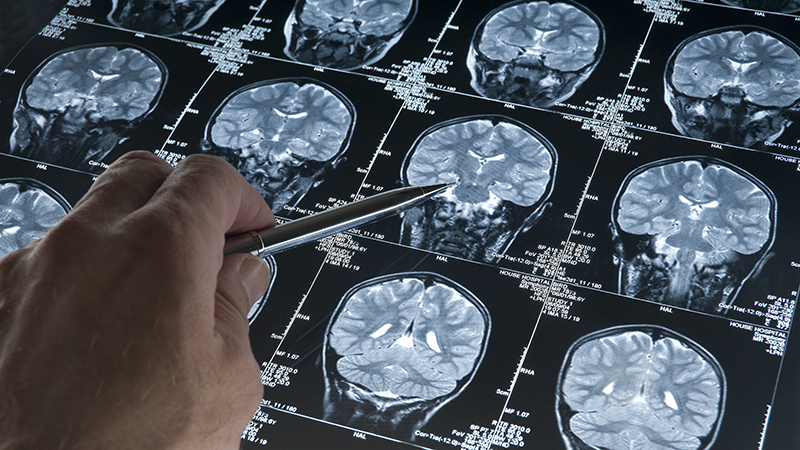
Alzheimer’s disease, the most prevalent form of dementia, currently lacks an effective treatment to slow or stop its progression. Now, a researcher from the University of Missouri School of Medicine is using federal funding from the National Institutes of Health to lead groundbreaking research into how bacteria in our gut from the foods we eat can influence the onset and progression of Alzheimer’s disease. The research will involve Missouri’s most powerful magnetic resonance imaging (MRI) scanner.

Ai-Ling Lin, PhD, professor and vice chair of research in the Department of Radiology focuses her research on translational neuroimaging of brain vascular and metabolic function in aging, Alzheimer's disease and brain injuries. Her current focus involves gut microbiome analyses to study gut-brain interaction underlying Alzheimer’s disease. The mission of her research is to prevent Alzheimer’s disease through precision medicine that accounts for the so-called gut-brain axis, the link between brain health and diet.
Lin and her team recently received a two-year $1.6 million grant from the National Institutes of Health to support this research. The aim is to inform future therapeutic strategies for Alzheimer’s disease.
“Growing evidence suggests that an imbalance between beneficial and harmful gut bacteria has a role in the onset and progression of Alzheimer’s disease,” said Lin. “The underlying mechanisms involved remain less understood. Our goal is to increase our understanding of how lifestyle and dietary interventions could slow the progression of Alzheimer’s disease and other forms of dementia.”
Lin’s research, based in the Roy Blunt NextGen Precision Health Building at the University of Missouri, will utilize the state-of-the-art 7T MRI unit to identify how dietary interventions influence brain function. These insights could pave the way for therapeutic strategies that include neuroimaging to monitor brain function over time.

Highlighting the promise of personalized health care and the impact of large-scale interdisciplinary collaboration, the NextGen Precision Health initiative is bringing together innovators from across the University of Missouri and the UM System’s three other research universities in pursuit of life-changing precision health advancements. It’s a collaborative effort to leverage the research strengths of Mizzou toward a better future for the health of Missourians and beyond. The Roy Blunt NextGen Precision Health building at MU anchors the overall initiative and expands collaboration between researchers, clinicians and industry partners in the state-of-the-art research facility.





